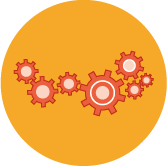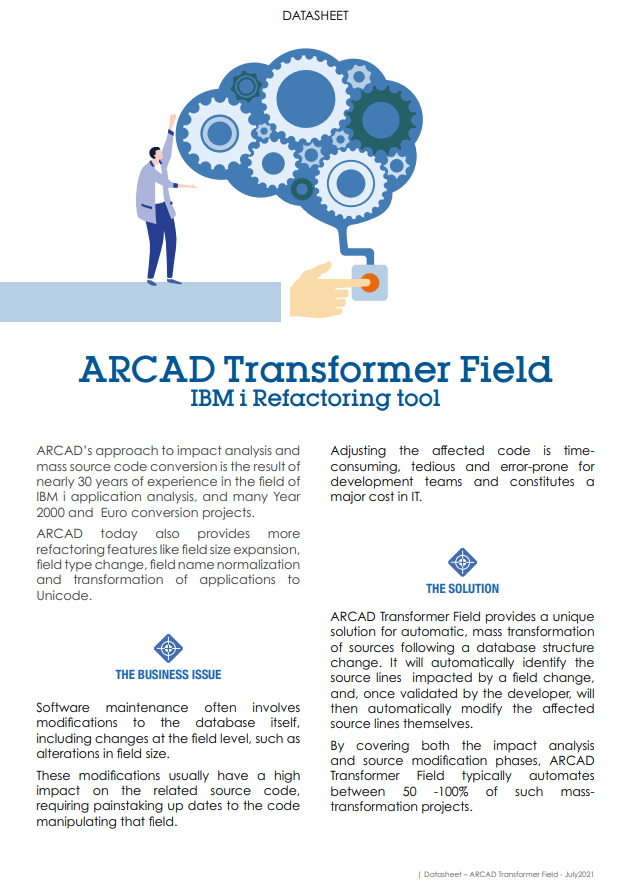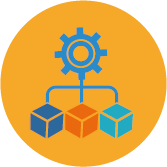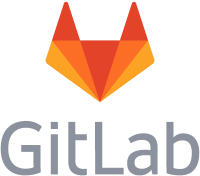
IBM i (aka AS/400 or AS400) FIELD SIZE EXPANSION
ARCAD Transformer Field
Change IBM i field sizes and types with confidence

WITH ARCAD TRANSFORMER FIELD Your source code adapts automatically after field size or type changes

ARCAD Transformer Field Features
ARCAD offers a powerful option for impact analysis and mass source code transformation for IBM i applications. During software maintenance, modifications like field size expansion or field type change usually have a high impact on the related source code, requiring painstaking updates to the code manipulating that field. ARCAD Transformer Field automates the mass transformation of sources, identifying the source lines impacted by a field change and saving valuable developer time.
Download this datasheet to learn more about ARCAD Transformer Field and discover the benefits of its mass automation on the source code and RPG database.

Using ARCAD to transform our application, we have been able to reduce a 450 man day development project down to only 80 days using a single developer, freeing other developers to work on value-add projects. And after transferring the application to production, we discovered only one single software defect, which were able to fix, re-test and re-deploy within minutes. ARCAD has proved a major asset for the sustainability of our institution

FAQ
General Information
Technical Aspects

TRIAL VERSION / DEMO
Request a trial version or a session in our sandbox!
or


























